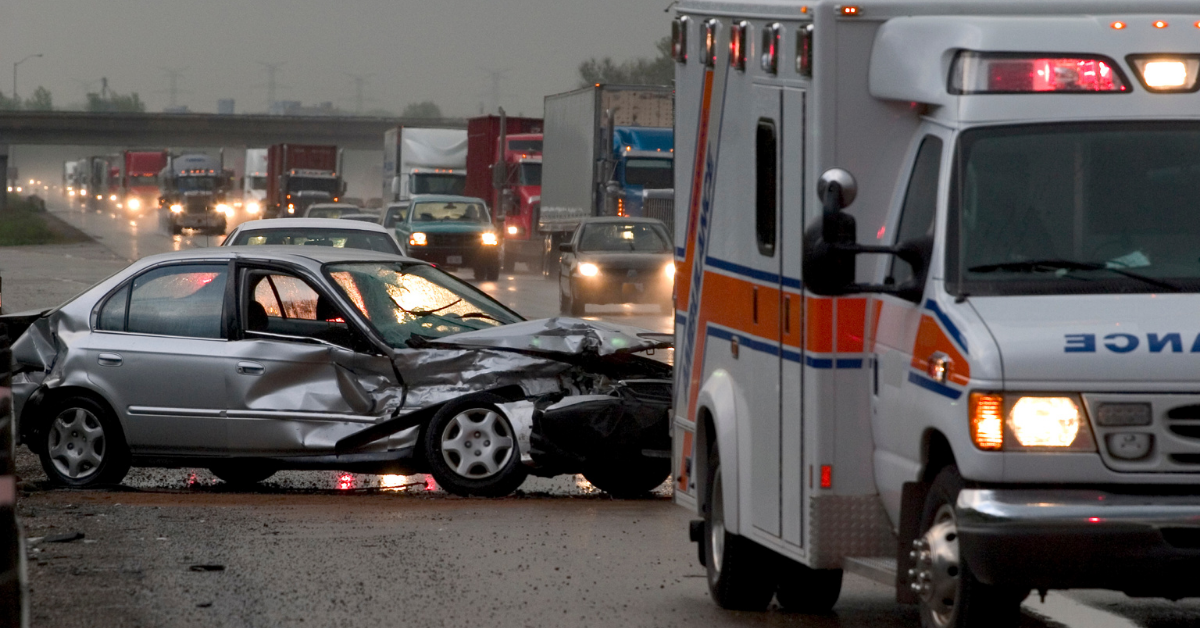Car accidents can lead to a range of physical injuries and medical expenses. When facing such situations, people often wonder whether their health insurance will provide coverage for injuries sustained in car accidents. In this article, we’ll explore the complexities of how health insurance can come into play when you’re involved in a car accident.
1. Health Insurance and Car Accidents
Health insurance is designed to cover medical expenses related to your health and well-being, whether those expenses result from illness, injury, or other medical conditions. This includes injuries sustained in car accidents. Therefore, in most cases, health insurance can provide coverage for the medical treatment needed after a car accident.
2. Immediate Medical Care
If you’re injured in a car accident, it’s essential to seek immediate medical care. Call 911 or visit the nearest hospital or healthcare facility to receive the necessary treatment. Your health insurance can cover the cost of emergency room care, surgeries, diagnostic tests, and other medically necessary services associated with the accident.
3. Coordination with Auto Insurance
In some cases, your auto insurance may also provide coverage for medical expenses resulting from a car accident. This is especially true if you have personal injury protection (PIP) or medical payments (MedPay) coverage as part of your auto insurance policy. These coverages can help pay for medical bills, regardless of who was at fault in the accident.
4. Determining Liability
The issue of liability is crucial when it comes to covering the costs of a car accident. If another party is at fault in the accident, their liability insurance should cover your medical expenses. However, insurance claims can be complex, and it may take time to determine liability and receive compensation.
5. Health Insurance as a Primary Coverage
In most cases, health insurance serves as the primary source of coverage for medical expenses in a car accident. This means that your health insurance will pay for the necessary medical treatment, and any applicable auto insurance coverage would be secondary. If you have auto insurance, it can help cover expenses that exceed your health insurance limits, deductibles, or co-payments.
6. Coordination of Benefits
In situations where both health insurance and auto insurance apply, coordination of benefits may be necessary. This process ensures that you receive the maximum allowable coverage without double billing. Your insurance companies can help navigate this process.
7. Legal Considerations
If you believe the car accident was due to another party’s negligence, you may have grounds for a personal injury claim or lawsuit. In such cases, you may seek compensation for medical expenses and other damages. Consulting with a personal injury attorney can provide guidance on pursuing legal action.
Conclusion: Health Insurance and Car Accidents
In most cases, health insurance will cover medical expenses resulting from car accidents. It is crucial to prioritize your health and well-being by seeking immediate medical care if you’re injured in an accident. Health insurance can be a valuable resource in ensuring that you receive the necessary treatment and that your medical expenses are covered. Additionally, consider the coordination of benefits with your auto insurance, and consult with legal professionals if necessary when pursuing compensation for damages.

